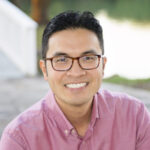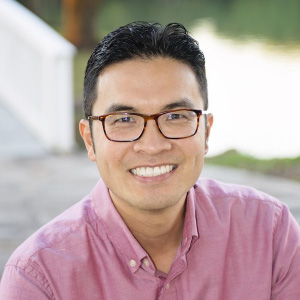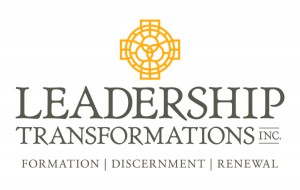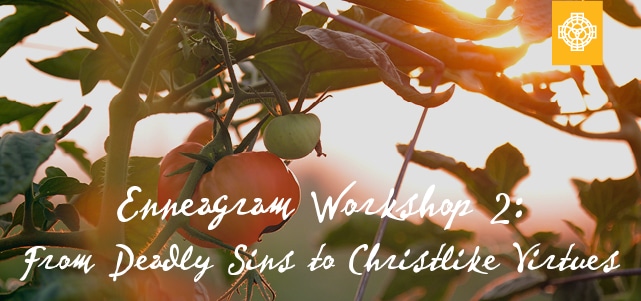
Date
- May 08 2021
- Expired!
Time
Eastern Time- 10:00 am - 1:00 pm
Cost
- $49.00
Enneagram Workshop 2: From Deadly Sins to Christlike Virtues
REGISTRATION DEADLINE: Thursday 5/6/2021, 4PM (Eastern Time)
In addition to being a tool for self-clarity, the Enneagram provides insights on how Christlike virtues can be cultivated in our lives through a transformational journey of deepening trust in God. This workshop is a sequel to Enneagram Workshop 1: Becoming Acquainted with Our True-Self / False-Self, and we recommend participants attend that workshop prior to this one. Bring your WEPSS report, and let’s together explore how the Holy Spirit may be at work within us to liberate us from our “deadly sins” and to make us more like Christ.
Teachings on the Enneagram have evolved quite a bit over time, and there is not a single known origin or authority on the Enneagram. No individual or faith tradition can claim it as its own. Additionally, there are diverse expressions and approaches, even among Christian practitioners. Below we highlight a few of the Enneagram’s key historical influences:
Evagrius Ponticus (345-399 AD) was a fourth century Christian desert father/monk who taught about eight vices or deadly sins: Gluttony, Lust, Avarice (Greed), Sadness, Anger, Acedia (Sloth), Vainglory (Deceit), and Pride. Teachings about vices and deadly sins have been a prominent feature of Christian spirituality for centuries, and is an important component of today’s Enneagram teachings. Pope Gregory the Great (590 AD) revised the list of vices to what is famously known as the Seven Deadly Sins: Lust, Gluttony, Greed, Sloth, Wrath, Envy, and Pride. Interestingly, in one of his writings on prayer, Evagrius drew a nine-pointed Enneagram figure connected to the biblical number 153 (number of fish in John 21).
Ramon Llull (1232–1316), another notable Christian influencer in the development of the Enneagram was a 13th-14th century Franciscan monk/theologian/mathematician. Llull created several nine-pointed diagrams, including this one published in Ars Brevis in 1307 that highlighted nine virtues of God and nine vices.
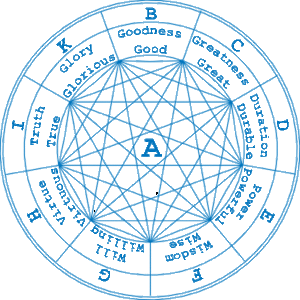
The Enneagram diagram consisting of a circle, triangle, and hexad was made public in 1916 by the enigmatic Armenian mystic George Gurdjieff (1875-1949). Gurdjieff traveled widely seeking spiritual wisdom from various traditions including Muslim Sufism, Hinduism, Buddhism, and Christianity. Gurdjieff was secretive about where he found the ancient symbol but believed it to be a source of special knowledge about the cosmos because of the mathematical laws (the law of seven and the law of three) it represented.
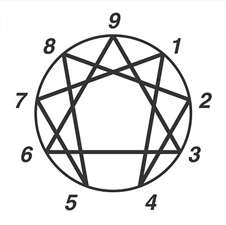
From ancient times until Gurdjieff, the Enneagram symbol in fact had little to do with personality types. The Enneagram of Personality framework was developed later by Bolivian philosopher Oscar Ichazo (1931-2020) in the 1950s and 60s. Ichazo claimed to receive supernatural revelation about the connection between the Enneagram symbol and the nine personality types while under a trance. One of Ichazo’s pupils, Chilean psychologist Claudio Naranjo (1932-2019) brought the Enneagram of Personality to the United States and integrated it with concepts from Western psychology. He later instructed Catholic teachers who further integrated facets of Christian spirituality with the personality typology.
In summary, there have been diverse historical influences that have shaped what we read about or teach on the Enneagram today. We may find ourselves feeling comfortable about some of these influences, and queasy about some others. What is an appropriate Christian response to the Enneagram? We believe that the content, meanings, and application of Enneagram teachings need to be carefully tested and filtered through our understandings from Scripture. We seek to do our best to integrate the parts that are helpful, and to filter out the parts that are incompatible with our Christian faith.
The goal of most Enneagram assessments today is to help individuals identify their predominant “personality type.” Some assessments adopt a more narrative, interview-style approach while others utilize multiple-choice tests. Our preferred assessment tool is the 200-question Wagner Enneagram Personality Style Scales (WEPSS) that provides three sets of meaningful scores for all nine numbers: total scores, resourceful scores, and less-resourceful scores. Beyond identifying one’s predominant personality style, the WEPSS presents a more holistic picture of how all nine numbers are in play in an individual. Additionally, the WEPSS is the only Enneagram inventory published by a major psychological test company and reviewed in Buros’s Mental Measurements Yearbook, a respected authority in the testing field.
are being transformed into his image with ever-increasing glory,
which comes from the Lord, who is the Spirit.”
2 Corinthians 3:18
At Leadership Transformations, we utilize the Enneagram as a helpful tool for Christian Spiritual Formation. Christian Spiritual Formation can be simply defined as the process of being transformed into Christ’s likeness through the power of the Holy Spirit and in the context of a deepening relationship of love and trust in God. This is the point of whatever we do with the Enneagram. We begin our workshops or consultation sessions with humble prayer, asking the Holy Spirit to help us pay attention to the particular areas in our lives God desires to sanctify and transform in Christlikeness.
The Enneagram is a powerful tool, but we must remember that it is just a tool. The Enneagram is not the end-all be-all of spiritual formation. The Enneagram itself does not transform us, the Holy Spirit does. No human-made tool is without its limitations. If we take an assessment, the results carry no ultimate authority on who we are. But a tool in the hands of a master craftsman can accomplish much. God is the Master Potter, and we are the clay (Isaiah 64:8). The Enneagram is just one of many instruments the Lord might use to shape and form us into something beautiful.
We take an alternative approach to Ichazo’s and Naranjo’s Enneagram of Personality. For one, we de-emphasize the idea that each person is one of nine personality types (or eighteen subtypes if you include the wings). We are so much more than a single number or type. Our unique personalities bear the traits, gifts, virtues, and vices of all nine numbers in varying degrees. Furthermore, we can expect our resonance with the various numbers to shift over the course of our spiritual journeys as we are transformed by the Spirit. We expect to become more like Jesus in multiple aspects, to grow more self-aware of our natural tendencies, and to experience greater freedom from our vices and besetting sins.
One unfortunate byproduct of the personality-type approach is the widespread usage of overly simplistic identity statements like “I am a TWO” or “you are such a NINE” or “she is definitely a FIVE.” Statements like this have the potential to greatly limit people’s thinking about themselves and other people. They can also lead to false assumptions and judgments about oneself and others. Rather than viewing how we are being transformed holistically across the spectrum of all nine numbers, we can grow narrowly focused on becoming a better, more redeemed version of our “type.” While our journey of transformation into Christlikeness often relates to aspects of a predominant personality style, we can anticipate that the Holy Spirit’s work within us will often go beyond those areas as well.
When we companion others with the Enneagram, we explore the WEPSS scores for all nine numbers. The WEPSS provides three sets of meaningful scores for each number: resourceful, less-resourceful and total scores. We prefer to look at each Enneagram number as a set of traits (e.g. gifts, virtues, vices) rather than a personality type. Therefore, an individual may relate with the gifts and strengths, as well as the vices and deadly sins of more than one number. Truly no two individuals are the same—each child of God fearfully and wonderfully made (Psalm 139:13-14)! When you sign up for an Enneagram workshop, consultation, or coaching session with us, our job is to help you explore and consider possible insights from your unique WEPSS profile. We highlight notable scores and patterns from your report, but ultimately the interpretation of the scores and what to do next with them is between you and the Holy Spirit. Our prayer is that we will come away with with a renewed sense of awe at how we personally and specifically reflect our Creator and with greater clarity about how God is at work within to transform us into Christ’s image.
LOCATION:
Online via ZOOM
DATE/TIME:
Sat, May 8, 2021, 10:00 am – 1:00 pm (Eastern Time)
Have any questions? Contact Chrissy Chang with Leadership Transformations, Inc (LTI).


